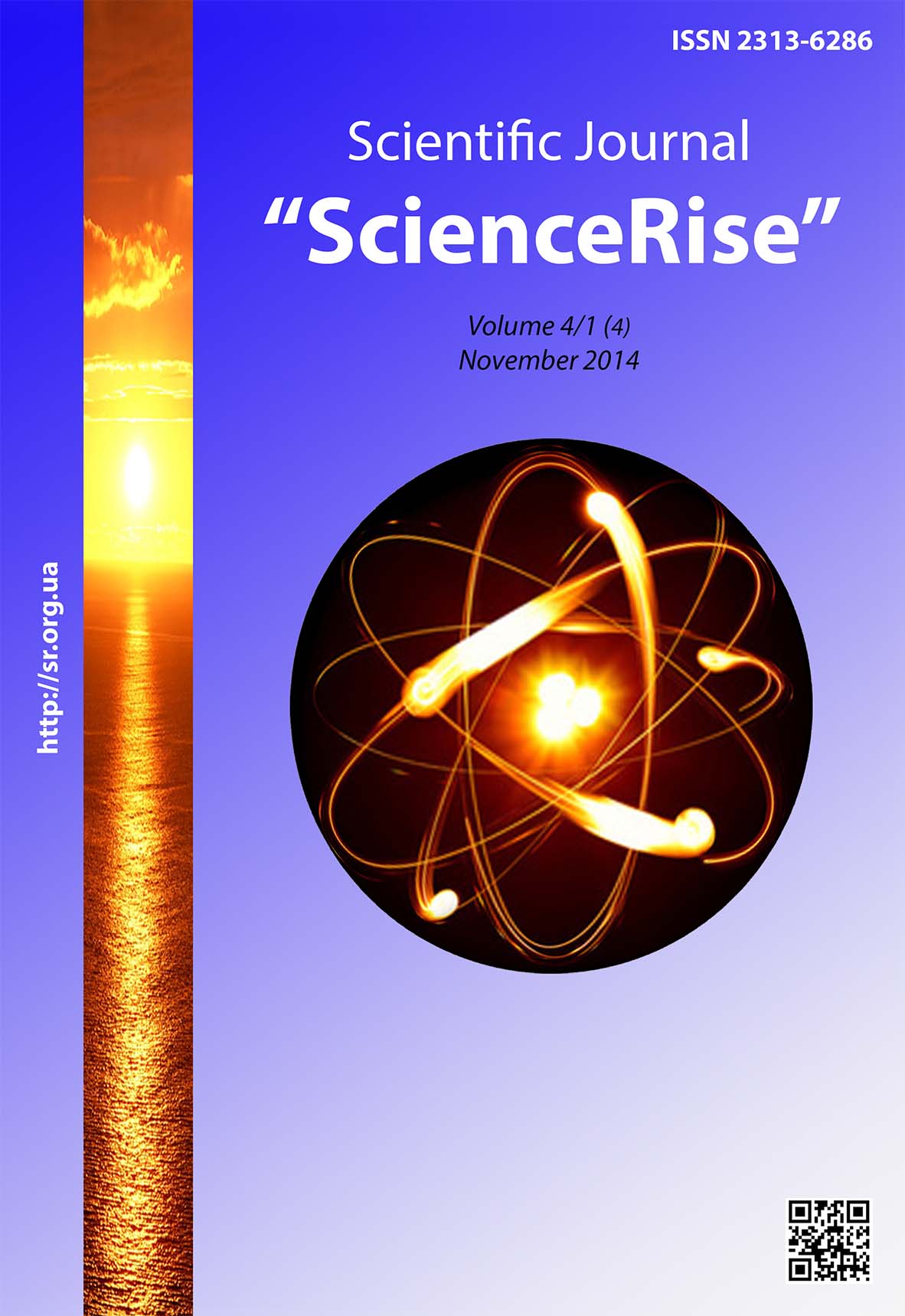The logical possibility of phenomenal zombies as an argument against materialism
DOI:
https://doi.org/10.15587/2313-8416.2014.28950Keywords:
mind, brain, mental, physical, phenomenal, zombie, materialism, dualism, epiphenomenalism, interactionismAbstract
In the article, one of the most influential arguments in the modern philosophy of mind, the zombie argument, is expounded and defended against the objection that it begs the question in favour of epiphenomenalism. Also, it is explained how the logical possibility of phenomenal zombies is consistent with interactionist dualism.
References
Chalmers, D. (1996). The Conscious Mind. New York, Oxford: Oxford University Press, 432.
Chalmers, D. (2002). Does Conceivability Entail Possibility? In T. Gendler and J. Hawthorne, eds., Conceivability and Possibility. New York: Oxford University Press, 145–200.
Chalmers, D. (2004). Imagination, indexicality, and intensions. Philosophy and Phenomenological Research, 68 (1), 182–190. doi: 10.1111/j.1933-1592.2004.tb00334.x
Chalmers, D. (2010). The Two-Dimensional Argument Against Materialism”. In D. Chalmers, The Character of Consciousness. New York: Oxford University Press, 141–206. doi: 10.1093/acprof:oso/9780195311105.003.0006
Kripke, S. (1980). Naming and Necessity. Cambridge, Massachusetts: Harvard University Press, 172.
Gulick, R.; Hameroff, S. R., Kaszniak, A. W., Chalmers, D. J. (Ed.) (2000). Conceiving beyond Our Means: The Limits of Thought Experiments. Toward a Science of Consciousness III. London, Cambridge: MIT Press, 13–22.
Perry, J. (2001). Knowledge, Possibility, and Consciousness. London, Cambridge: MIT Press, 237.
Levine, J. (2001). Purple Haze: The Puzzle of Consciousness. New York, Oxford: Oxford University Press, 204.
Downloads
Published
Issue
Section
License
Copyright (c) 2014 Дмитро Петрович Сепетий

This work is licensed under a Creative Commons Attribution 4.0 International License.
Our journal abides by the Creative Commons CC BY copyright rights and permissions for open access journals.
Authors, who are published in this journal, agree to the following conditions:
1. The authors reserve the right to authorship of the work and pass the first publication right of this work to the journal under the terms of a Creative Commons CC BY, which allows others to freely distribute the published research with the obligatory reference to the authors of the original work and the first publication of the work in this journal.
2. The authors have the right to conclude separate supplement agreements that relate to non-exclusive work distribution in the form in which it has been published by the journal (for example, to upload the work to the online storage of the journal or publish it as part of a monograph), provided that the reference to the first publication of the work in this journal is included.

